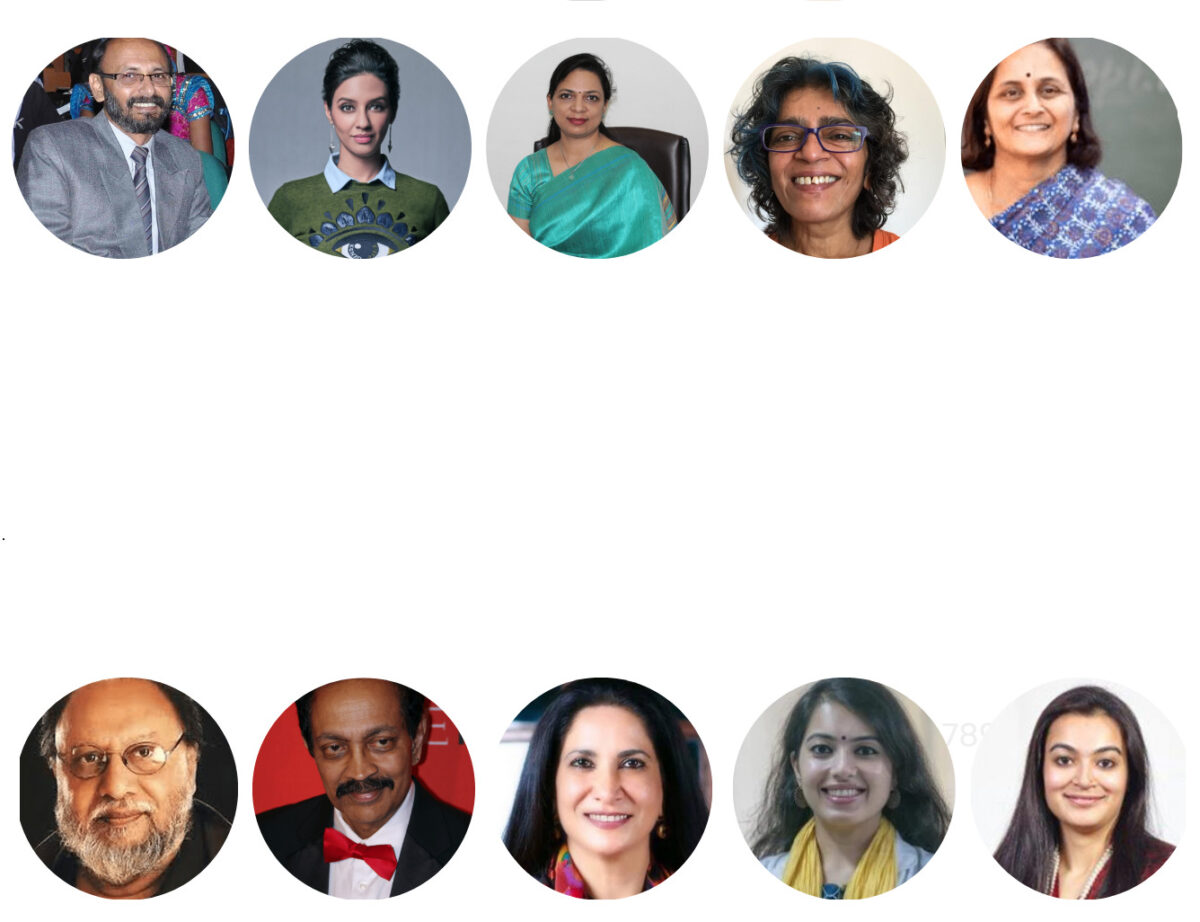Your Course to Healing: Insights from the Best Psychologist in Delhi
Wiki Article
Psych Therapy: A Comprehensive Guide to Strategies and End Results

Cognitive-Behavioral Therapy
Cognitive-Behavioral Therapy (CBT) is a widely used psychotherapeutic approach that focuses on determining and changing useless reasoning and habits patterns. Established in the 1960s by Aaron T. Beck, CBT combines behavioral and cognitive concepts to attend to various psychological health issues, consisting of depression, anxiousness, and stress-related disorders. The premise of CBT is that maladaptive ideas add to emotional distress and maladaptive actions. By reorganizing these thoughts, people can achieve substantial enhancements in their psychological well-being and everyday performance.CBT is characterized by its structured, goal-oriented nature. Treatment typically entails a joint procedure in between the specialist and customer, where particular issues are determined, and sensible approaches are created to resolve them. Strategies such as cognitive restructuring, direct exposure treatment, and skill-building exercises are typically utilized. Cognitive restructuring involves challenging and modifying adverse idea patterns, while exposure therapy intends to lower anxiety and anxiousness with progressive exposure to been afraid scenarios or things.
Evidence-based research sustains the efficiency of CBT for a vast array of psychological problems - Best Psychologist in Delhi. Its emphasis on ability acquisition and self-help strategies equips clients to proceed development independently after therapy concludes. The adaptability and performance of CBT have made it a cornerstone in modern psychotherapeutic practice
Psychodynamic Strategies
Rooted in the early concepts of Sigmund Freud, psychodynamic methods concentrate on discovering the unconscious mind and its impact on habits and feelings. These methods intend to reveal covert ideas and feelings that may be driving maladaptive actions and psychological distress. Central to this technique is the concept of inner dispute, typically originating from unsettled previous experiences, specifically those from childhood.Therapists using psychodynamic strategies employ a number of vital approaches, consisting of free association, where clients are motivated to speak openly to reveal unconscious material, and dream evaluation, which analyzes the latent content of dreams. Furthermore, the expedition of transfer and countertransference dynamics within the therapeutic connection is vital. These communications can supply insights into the client's interior globe and relational patterns.
Psychodynamic therapy is normally longer-term contrasted to various other methods, offering a detailed and deep understanding of the individual's mind. Research study suggests that it can be especially efficient for complicated mental health and wellness problems, such as personality disorders and chronic depression. By fostering self-awareness and psychological understanding, psychodynamic treatment seeks to bring unconscious material to consciousness, making it possible for individuals to accomplish enduring and significant change in their lives.
Humanistic Techniques
Structure on the structures laid by psychodynamic approaches, humanistic strategies supply an unique point of view concentrated on individual possible and self-actualization. Coming from the mid-20th century, these techniques focus on the intrinsic goodness and development capacity of individuals, stressing an alternative view of human experience. Trick figures such as Carl Rogers and Abraham Maslow have dramatically influenced this restorative strategy, which encompasses methods like client-centered therapy and Gestalt therapy.Client-centered treatment, developed by Rogers, plays a crucial role in humanistic methods. The therapist's function is even more of a facilitator than an authority, encouraging customers to harness their inner resources for recovery.
Gestalt treatment, one more crucial humanistic technique, highlights existing moment understanding and the assimilation of mind and body. By concentrating on the "present moment," customers acquire higher understanding into their present feelings and behaviors. Methods such as role-playing and assisted visualization are usually used to aid clients gain a much deeper understanding of themselves, inevitably leading to boosted self-awareness and fulfillment.
Integrative Therapies
Integrative treatments stand for a synthesis of numerous therapeutic methods customized to fulfill the unique needs of each client. This technique recognizes the intricacy of human psychology and the complex nature of mental health problems. By integrating aspects from various colleges of psychiatric therapy-- such as cognitive-behavioral treatment (CBT), psychodynamic treatment, and humanistic strategies-- integrative treatments offer a more holistic and flexible treatment standard.Practitioners of integrative treatment analyze each customer's details demands, signs and symptoms, and individual background to create a tailored therapy plan. This personalized approach enhances the possibility for healing success by resolving the source of mental distress and promoting total health. Methods may consist of mindfulness workouts, cognitive restructuring, and psychological handling, each chosen to target different aspects of the client's problems.
Moreover, integrative treatments highlight the therapeutic partnership, checking out the client-therapist bond as a critical part of efficient treatment. This partnership promotes an encouraging atmosphere where clients really feel safe to explore and resolve their issues. The flexibility of integrative treatments makes them suitable for a wide variety of problems, including anxiousness, anxiety, injury, and interpersonal troubles, thereby raising their applicability and effectiveness in varied medical setups.

Determining Therapy End Results
Examining the efficiency of psychotherapy is critical for both clinicians and customers to make sure blog here that the therapy is producing the desired results. To attain this, different approaches and tools are used to measure therapy end results methodically. Standardized evaluation instruments, such as the Beck Anxiety Stock (BDI) and the Generalized Stress And Anxiety Disorder 7 (GAD-7), supply quantitative data on symptom seriousness and adjustments over time.In enhancement to standard tools, qualitative approaches like client self-reports and scientific meetings offer useful understandings right into the personal experiences and regarded development of customers. Routinely arranged evaluations, usually at the start, midpoint, and end of therapy, assistance in tracking the trajectory of enhancement or recognizing locations requiring adjustment.
Outcome measurement is not limited to sign decrease; it additionally encompasses functional improvements in day-to-day live, such as much better social partnerships, raised job performance, and enhanced overall well-being. Modern helpful site developments in digital health have introduced mobile apps and online systems that facilitate real-time surveillance and responses, better improving the analysis process.
Inevitably, an extensive method to measuring treatment outcomes makes sure that restorative interventions are efficient, efficient, and tailored to fulfill the specific requirements of clients, thus optimizing the overall therapeutic experience.
Conclusion
Psychiatric therapy supplies a diverse variety of methods focused on addressing details psychological health and wellness issues check it out and boosting general well-being. Cognitive-Behavioral Treatment and psychodynamic techniques target subconscious influences and dysfunctional ideas, respectively. Humanistic strategies concentrate on personal development and self-actualization, while integrative treatments combine numerous techniques for customized treatment strategies. Examining therapy results through qualitative techniques and standard assessments makes certain a detailed understanding of effectiveness, inevitably directing customers toward withstanding psychological health and wellness improvements.From the organized approach of Cognitive-Behavioral Therapy (CBT) to the deep exploration of the subconscious in psychodynamic treatment, each approach brings unique benefits. Its emphasis on skill purchase and self-help methods encourages customers to proceed development individually after therapy concludes (Best Psychologist in Delhi). Trick figures such as Carl Rogers and Abraham Maslow have actually dramatically affected this therapeutic method, which includes approaches like client-centered therapy and Gestalt therapy

Report this wiki page